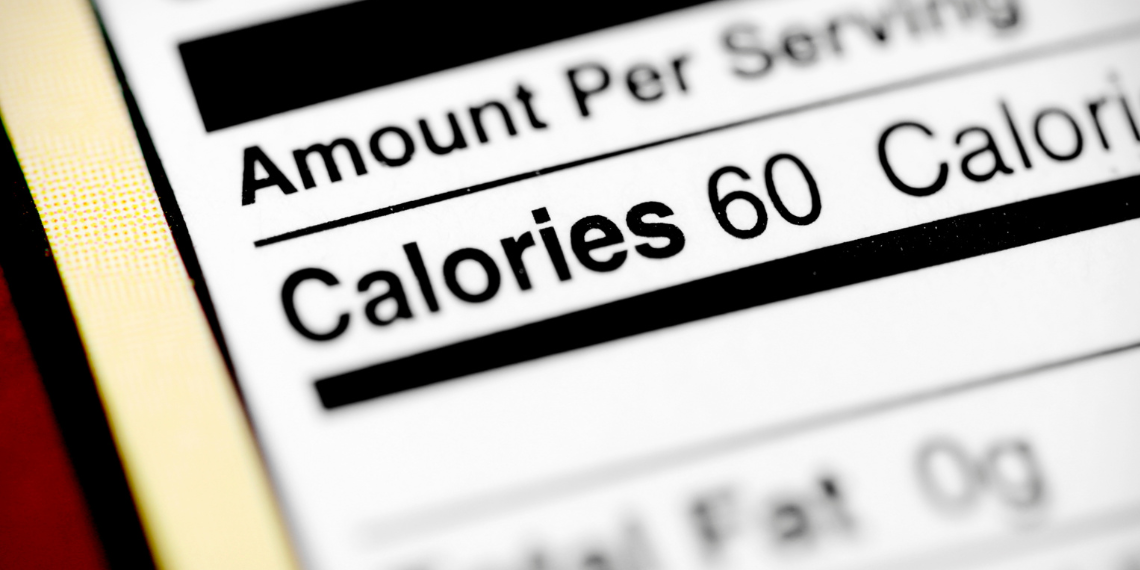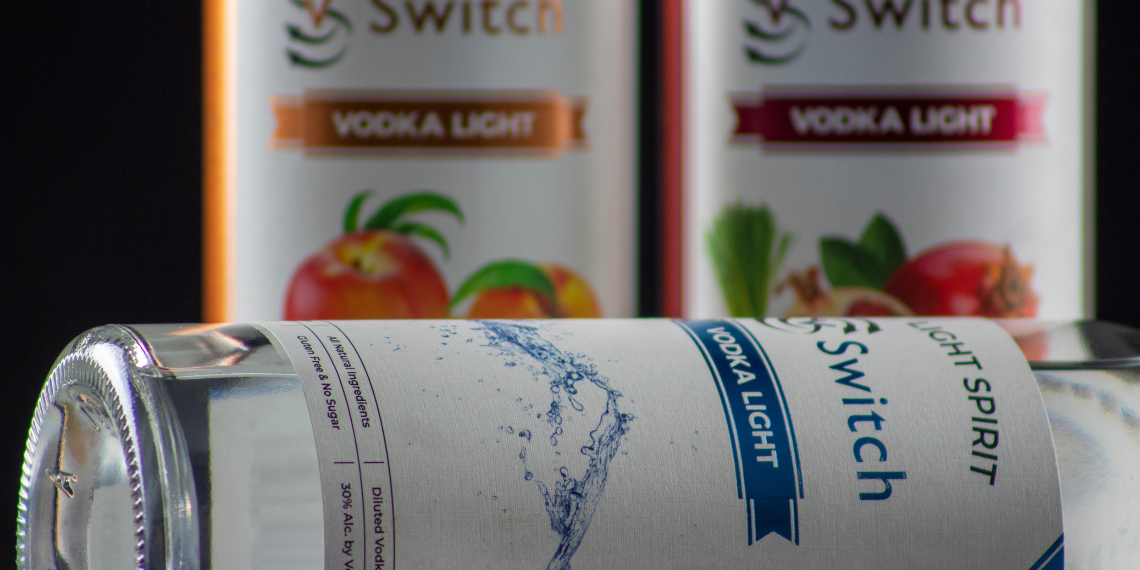Crafting the perfect cocktail often involves a delicate balance between flavor and health consciousness. If you’re a cocktail enthusiast, especially a fan of vodka, you might ponder over the calorie content in your favorite drink. In the informative article “How many calories in vodka?”, we delve into this vital aspect of cocktail consumption.
We discuss the significance of calories, the role they play in our diet, and specifically, how vodka fits into a calorie-conscious lifestyle. The article comprehensively examines the calorie content in vodka, influenced by factors like added sugars, alcohol proof, and flavorings. It also compares vodka with other spirits and explores the impact of mixers on the overall calorie count of cocktails. Essential for anyone who enjoys a good drink without compromising their health goals, this article is a guide to understanding and managing your caloric intake while indulging in the pleasure of hand-crafted vodka cocktails.
If you enjoy unwinding with a delicious hand-crafted cocktail after a long day, you might be concerned about your caloric intake. So, just how many calories are in vodka?
Your concern is not unfounded. Distilled beverages – like any other beverage – contain calories, and certain products even have a surprising amount of carbohydrates. However, vodka is one of the lowest-in-calorie spirits and has very few carbs.
This low-calorie, low-to-no-carb beverage holds a dear place in the heart of anyone who pursues an active, healthy lifestyle and wants a figure-friendly drink.
WHAT ARE CALORIES AND WHY DO THEY MATTER?
Let’s start with a review of the meaning of the term calories. Calories are merely a way of measuring human energy. They are not inherently harmful things. We need calories to fuel our bodies, build strong muscles, and maintain metabolic function.
We take in calories through the foods and beverages we consume. Most physicians agree that a healthy female should consume 1800 to 2000 calories daily, depending on her activity level. On the other hand, a healthy male can take in 2200 to 2600 calories; again, this allows a variance in their daily exercise.
Conversely, you must shave five hundred daily calories off the menu to lose one pound a week.
GENERALLY SPEAKING, HOW MAN CALORIES ARE IN VODKA?
Three primary variants determine the calories any given brand of vodka (or any distilled spirit) contains –added sugars, alcohol proof, and additional juices or flavorings.
Sugars: Vodka does not usually contain sugar. That’s what makes it contain only trace amounts of carbohydrates –so few that most people don’t bother to count them. However, some brands may add sugar to their recipes.
Alcohol proof: Higher proof alcohol contains a greater number of calories. But what exactly is proof? The proof is the amount of ethanol in a distilled beverage. In the United States, we calculate the proof by doubling the amount of alcohol by volume (ABV). Let’s use Switch Vodka as our example. Each of the three Switch flavors – Light Spirit, Peach Basil, and Pomegranate Lemongrass –is thirty percent ABV. When we multiply that, each spirit comes to sixty proof.
Additives or flavors: Some distillers create a more exciting, flavorful product by relying on flavorings that could add calories – and they may be engineered or manufactured, unnatural in origin. In contrast, Switch Vodka uses only natural flavors. What that means can vary, which means, “derived from plant or animal material.” However, Switch Vodka flavors are naturally extracted through vapor distilling, taken straight from things like pomegranates, peaches, lemongrass, etc. In other words, our natural flavors are actually real herbs and vegetables that don’t add calories.

IS VODKA THE LOWEST CALORIE ALCOHOL?
In general, vodka is lower in calories than other spirits. And, we can confidently say that Switch Vodka “Light”, with only 60 to 86 calories per ounce, is among the lowest in calories we have personally seen.
By comparison, some other top vodka brands contain as many as 230 calories (per ounce or 1.5 ounce).
Switch Vodka trims away the calories a little bit more, making it the best choice for anyone who watches their weight. As a bonus, it is also a gluten-free drink.
CAN VODKA MAKE YOU GAIN WEIGHT?
Anything that contains calories can make you gain weight if you consume it in excess of the five hundred calorie guideline we listed earlier. The best way to enjoy cocktails while trying to lose some excess pounds or maintain your ideal weight is to drink them in moderation.
It’s also important to note that what you mix with the vodka might have more calories than the spirit itself.
HOW MANY CALORIES ARE IN VODKA MIXERS?
The weight gain from drinking often arises from the mixers – juices or sodas – with the spirits taking the blame.
Here is an example of the hidden calories in a common vodka cocktail.
A Taco Bell beef soft taco (a product almost everyone is familiar with) contains 180 calories.
A can of lemon-lime soda (the non-diet variety) has about 105 calories.
When you mix that with an ounce (85 calories) of Switch Vodka light, you have a drink containing more calories than the taco – but almost sixty percent of those calories come from the soda (sugar). The vodka is not the lone culprit in the scenario.

THE HIDDEN CALORIES IN YOUR COCKTAILS
It seems that the question should not be how many calories are in vodka but how many calories are in the other components of your favorite cocktails.
Here are some other popular cocktail ingredients that have hidden calories:
- Cranberry juice (8 ounces): Avg 137 calories
- Pineapple juice, unsweetened (8 ounces): Avg 132 calories
- Lemonade (8 ounces): Avg 120 calories
- Orange juice (8 ounces): Avg 110 calories
- Cola, non-diet (8 ounces): Avg 100 calories
- Ginger ale (8 ounces): Avg 85 calories
Each ingredient is roughly equal to or greater than the calories in a single shot of Switch Vodka! So the key is in moderate drinking or finding lower-calorie options.
WHAT TO MIX WITH VODKA INSTEAD
Here are some tips for controlling how many calories are in vodka beverages.
- Dilute your juices, such as lemonade, orange, or pineapple juice, by doubling them with mineral water. It will have a light and crisp flavor.
- Swap full-sugar soft drinks for diet cola, ginger ale, or lemon-lime drinks – you will zip out a hundred calories per drink.
- Instead of fruit juices, try club soda or diet tonic water with a generous squeeze of fresh (not in a squeeze bottle) lemon, orange, or lime for a zesty and fresh taste.
- Skip the sugar-rimmed cocktail glasses. If you must sweeten, a natural sugar cube has only ten calories.

IMPACT OF ALCOHOL ON METABOLISM: UNDERSTANDING VODKA’S ROLE
The consumption of alcohol, including vodka, has a significant and multifaceted impact on the body’s metabolism. This section explores how vodka affects metabolic processes, contributing to both weight management and overall health.
Alcohol Metabolism Basics
- Immediate Metabolic Priority: When you consume vodka, your body prioritizes metabolizing alcohol over other macronutrients like fats, proteins, and carbohydrates. This is because alcohol is recognized by the body as a toxin. As a result, the metabolism of other nutrients is temporarily slowed down or halted, potentially leading to increased fat storage.
- Caloric Density of Alcohol: Alcohol is calorie-dense, providing approximately 7 calories per gram, second only to fat. This high caloric content means that even small amounts of vodka can contribute significantly to your daily caloric intake.
Impact on Weight Management
- Disruption of Fat Oxidation: Vodka consumption can inhibit the process of fat oxidation, where the body burns fat for energy. This interruption can potentially lead to fat accumulation, especially if alcohol consumption is frequent and in conjunction with a high-calorie diet.
- Appetite Stimulation: Alcohol can stimulate appetite and reduce self-control, often leading to increased consumption of food, particularly high-calorie, less nutritious options. This can indirectly contribute to weight gain.
Hormonal and Physiological Effects
- Impact on Blood Sugar Levels: Vodka, particularly when mixed with sugary beverages, can cause fluctuations in blood sugar levels. This can be particularly concerning for individuals with diabetes or those following a low-carb diet.
- Stress on the Liver: The liver is primarily responsible for metabolizing alcohol. Excessive consumption of vodka puts stress on the liver, potentially leading to liver diseases and affecting its ability to regulate metabolism efficiently.
Exercise and Alcohol
- Recovery and Performance: Alcohol consumption, including vodka, can impede exercise recovery and negatively impact muscle growth and performance. This is due to its dehydrating effects and interference with the body’s ability to repair and build muscle tissue.
- Hydration and Electrolyte Balance: Vodka, being a diuretic, can lead to dehydration, affecting not just physical performance but also cognitive functions. Proper hydration is crucial for maintaining optimal metabolic rates and overall health.
Moderation and Balance
Understanding the impact of vodka on metabolism underscores the importance of moderation. Enjoying vodka in responsible amounts, preferably without high-calorie mixers, can mitigate these metabolic effects. Pairing alcohol consumption with a balanced diet and regular exercise can help maintain a healthy metabolic rate and support overall wellness.
MAKE THE LIGHT CHOICE WITH SWITCH VODKA “LIGHT”
All the ingredients to make your favorite vodka cocktails contain calories; excessive intake of calories leads to weight gain. But understanding how calories work and the benefits of choosing a vodka light alternative like Switch Vodka can help you reach or maintain your weight goals.


